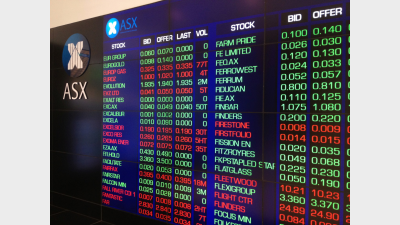Short-selling bans counterproductive




|
The bans on short selling imposed by regulators in Australia and the United Kingdom at the height of the global financial crisis did nothing to ease the downward pressure on financial markets, according to new research produced in Europe.
The EDHEC Risk Institute’s professor, Abraham Lioui, suggested that the short-selling bans simply led to increases in the volatility of stocks and indices while not relieving the downward pressure on stock prices.
He said the empirical evidence lent credence to the notion that restrictions on short sales would cause the stocks subject to these restrictions to suffer excessive volatility, more negative skewness, and higher kurtosis.
“The market quality of the stocks placed off limits deteriorates, volatility increases and, at best, return skewness is not affected by the measure,” Lioui’s analysis said.
“A reasonable conclusion is that short-sellers are key figures in the financial markets,” he said. “Moreover, market participants do not seem to believe that there was any particular condition that justified the measure [to ban short selling] taken by the SEC and others.”
Lioui said the hedge fund industry was certainly not to be blamed for trying to make money by exploiting the overvaluation of badly managed financial institutions.
Recommended for you
Rest Super remains “fully committed” to equities, even as it anticipates higher market volatility than experienced in previous decades.
Australian superannuation funds have again generated strong returns for FY25, with the median growth fund returning 10.5 per cent for the year, according to Chant West.
The US remains a standout destination for innovation and commercialisation, according to MLC Asset Management chief investment officer Dan Farmer.
Hostplus’ MySuper Balanced option delivered significantly stronger returns in 2024–25, bouncing back from the previous year when its cautious stance on listed markets came at a cost to members.











